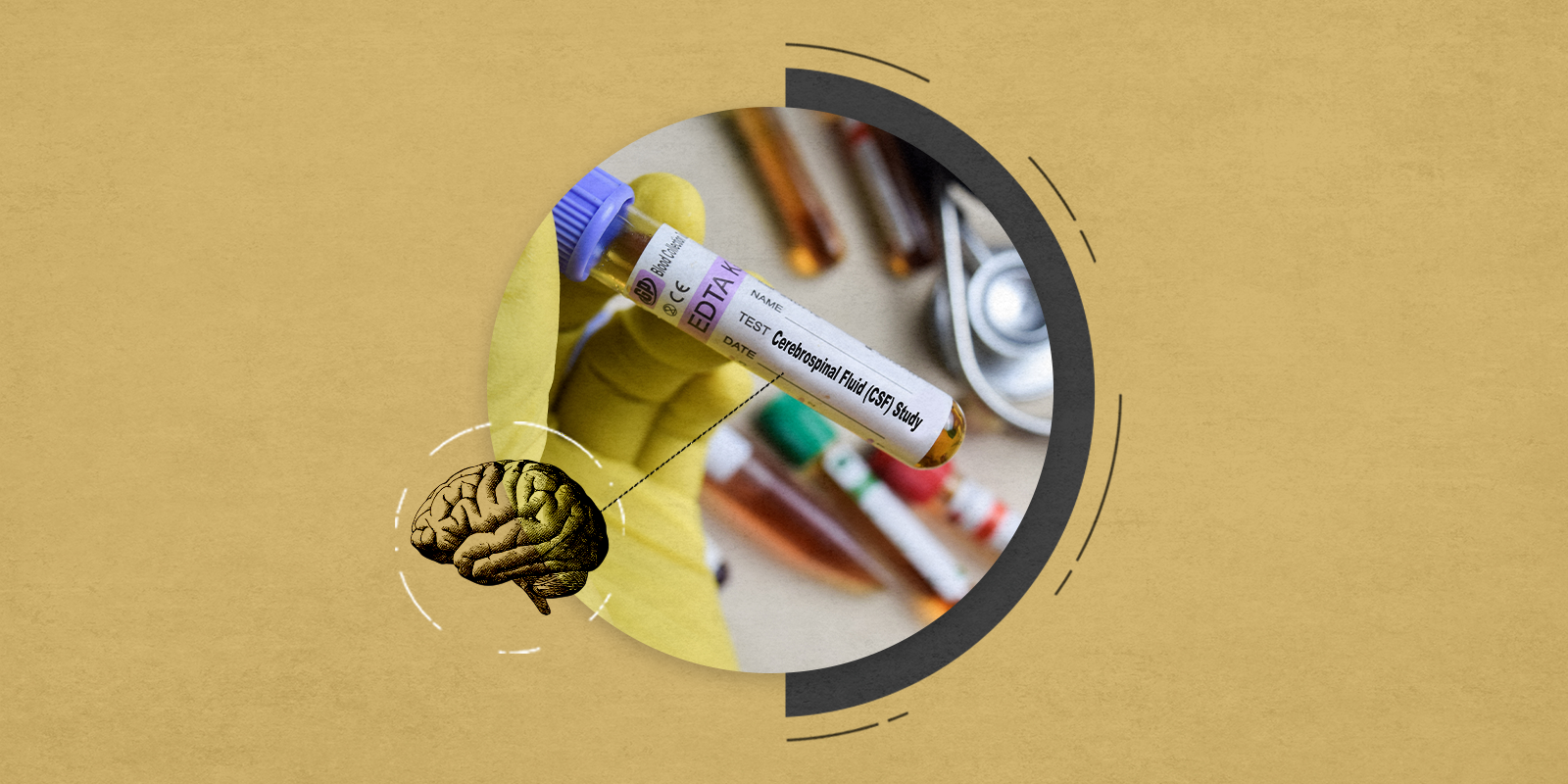What is menopause, and when does it typically start and end?
It can be helpful to think of the transition into menopause like a stoplight. “Green” means everything in a woman’s reproductive cycle is going on as usual with regular periods. “Yellow” means she is entering the transition into menopause when her cycles are starting to shift. And “red” means her menstrual cycles have completely stopped, and she is in post-menopause.
Natural menopause, meaning it isn’t triggered by surgical removal of a woman’s ovaries, happens after the final menstrual period, when menstruation and fertility end. It is associated with reduced ovarian function and lower levels of ovarian hormones, including estrogen. The average age of menopause is 51 to 52. For many women, the transition into menopause starts in their late 40s, but that can vary a lot due to lifestyle and genetic factors. The transition to natural menopause occurs over many years and has multiple stages.
Women can tell which reproductive stage they’re in by paying attention to their menstrual cycle. Perimenopause is the transition into menopause. During the early menopause transition, they’ll see a change in the lengths of their regular menstrual cycles. Typically, it’s about seven days longer or shorter than usual for two consecutive cycles. How long this stage lasts varies.
The late menopause transition begins when there’s been no menstrual bleeding for 60 days or more. This stage lasts one to three years. Once a woman has had her final menstrual period, that is considered post-menopause. The early post-menopause stage lasts about five to eight years. During this time, hormones produced by the ovaries decline significantly. And finally, late post-menopause continues for the rest of a woman’s life.
Why do brain changes happen during menopause?
The brain has many areas that are affected by estrogen. For example, the pre-frontal cortex is responsible for things like planning and organizing, while the hippocampus is critical for memory and learning. And the amygdala helps regulate emotions and anxiety.
See related stories in our menopause series.
Estradiol is the main type of estrogen in women’s bodies during their reproductive years. When women begin perimenopause, estradiol levels can be much higher or lower than they are during a regular menstrual cycle. Other hormones like progesterone are changing too, and they also can play a role in some symptoms.
These drastic hormone fluctuations affect the functioning of key parts of the brain, leading to symptoms like hot flashes and mood, sleep and cognitive problems.

What are some of the ways brain changes cause problematic symptoms during menopause?
The pre-frontal cortex is affected by estradiol changes during the transition to menopause, and some associated cognitive symptoms can resemble those of attention deficit hyperactivity disorder (ADHD). Research shows that performance on verbal memory and verbal learning tests often declines during perimenopause. Women also self-report this problem.
Women also report challenges with executive functioning skills like planning, organizing and staying on task. And studies show there’s about a two-fold greater risk for depression during menopause. If women have had major depressive disorder in the past, they are at higher risk for developing a major depressive episode.
Again, these problems vary with everyone. Some women really struggle to get through the day with the same level of cognitive functioning that they had before perimenopause while others don’t have any of these problems.
Similarly, some women have major hot flashes and night sweats that make it difficult to sleep, which can lead to challenges with daytime cognitive functioning and mood. Others don’t have hot flashes at all.
The good news is that these symptoms generally go away once women reach post-menopause.
Are memory problems in menopause related to dementia?
A lot of people with cognitive concerns during menopause worry they have dementia. But dementia is rare in midlife. In general, these issues are associated with the transition to menopause and go away eventually. If people are worried that their cognitive problems are getting worse, and there’s not an explanation or it’s really impacting their daily life, they can get neuropsychological testing.
What can be done to help alleviate symptoms related to brain changes during menopause?
Lifestyle changes and treatments that can help ease symptoms or improve cognitive health include:
-
Exercising. The American Heart Association recommends 150 minutes of moderate or 75 minutes of vigorous activity per week.
-
Quitting smoking.
-
Finding healthy ways to reduce stress, including mental health therapy, meditation and social/community involvement.
-
Improving sleep, including using sleep hygiene strategies or cognitive behavioral therapy for insomnia if indicated.
-
Following the Mediterranean diet with plenty of fruits, vegetables, high fiber and limits on processed foods.
-
Seeing a healthcare provider who specializes in menopause and is up-to-date on the most current evidence. The Menopause Society Certified Practitioners (MSCPs) are gynecologists, therapists and other healthcare providers who are certified by the Menopause Society, which provides specialized training and credentialling.
-
Asking your healthcare provider about medicines that may help with symptoms. These include hormone therapy for some women with major hot flashes and anti-depressants for those experiencing depression.
-
Visiting trusted websites that provide evidence-based information about menopause. These include the American College of Obstetricians and Gynecologists, the International Menopause Society, the Menopause Society, and the Society of Obstetricians and Gynecologists of Canada.
Every woman who’s lucky to live long enough will go through this transition, and they deserve as much attention and help as possible. We need more research into how to prevent and treat these brain challenges during menopause.
Guest contributor: Carrie Printz is a Denver-based health sciences writer.
.png)





